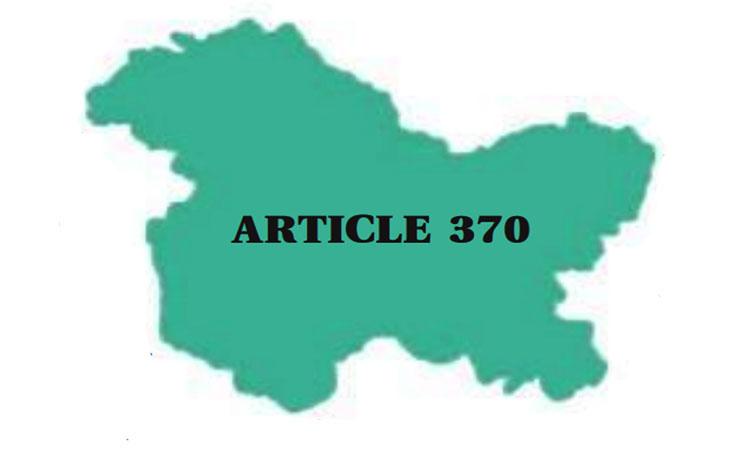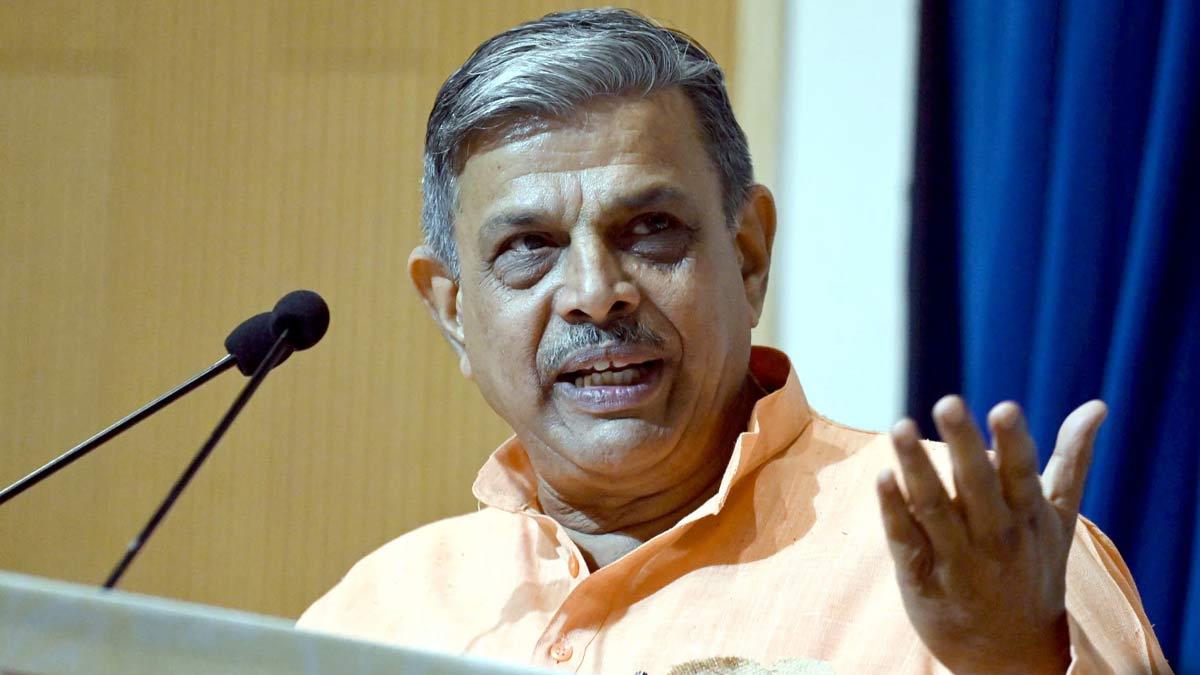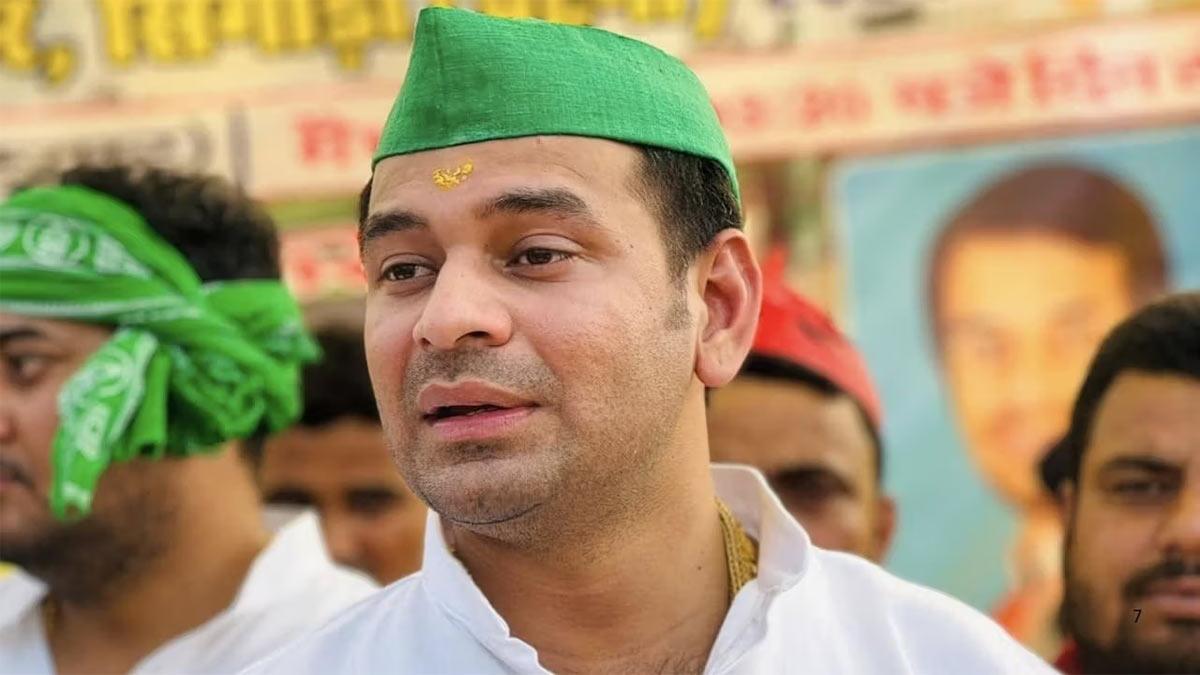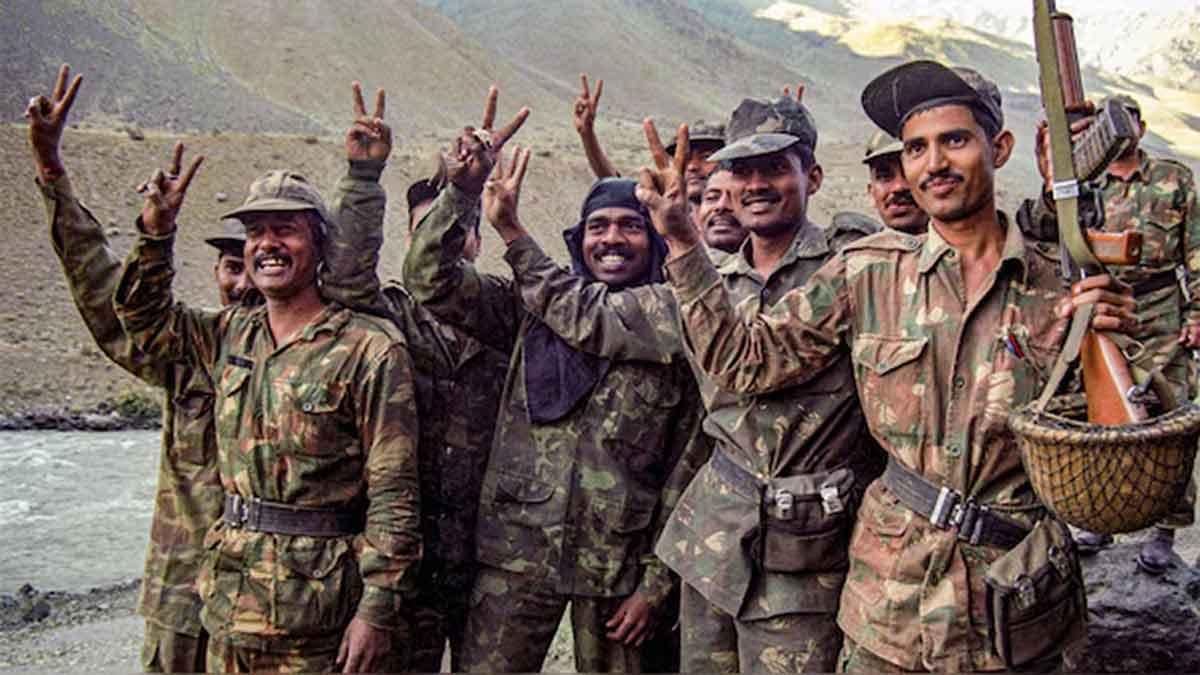Any J&K woman who married an outsider used to lose her status as a permanent resident, which led to a denial of many rights, including her right to inherit own property under Article 35-A of the Constitution. The Article 35-A was incorporated in the Constitution in 1954 by an order of then President of India Rajendra Prasad on the advice of the then Cabinet headed by Pandit Jawaharlal Nehru.
This issue was partially settled in October 2002 by a full bench of Jammu and Kashmir High Court in the case titled State versus Dr Susheela Sawhney and others by striking down the proviso of the state subject (permanent residency) law according to which women marrying outsiders would lose their permanent resident status. It took forty eight years for the J&K women to get back their right of inheritance, but they could not transfer property to their children or husband as her heirs were treated as outsiders.
Ironically, such exclusionary provisions did not apply to the children of males from J&K who married Non Permanent Resident females. Even if a man from J&K married a Pakistani woman, he, his spouse and children were given all the rights.
The discrimination with daughters of J&K ended on August 5, 2019 -- when the Centre announced its decision to abrogate the Articles 370 and 35-A and divided the erstwhile State into two Union Territories. The controversial Article 35-A that used to deprive children of inheriting their mother's property was done away with once for all.
Treating daughters of J&K at par with the men was the first step towards empowering women in the newly carved out Union Territory.
Multiple steps
The abrogation of J&K so-called special status is all set to complete three years on August 5, 2022. In the past three years the government has taken multiple steps to end the gender discrimination in the Himalayan region. Women have been provided with wings to chase their dreams and they have proven their mettle by the dint of their hard work and sheer determination.
After August 5, 2019, more than 5 lakh women have become financially independent in J&K through Self Help Groups initiative. For the first time in 70 years, J&K Police reserved a 15 per cent quota for women in non-gazetted cadre. The countless women empowerment schemes and the reforms introduced by the government to identify their potential in the leadership role and providing them opportunity to scale up their businesses have changed their lives in 'Naya J&K'.
The steps taken to empower women have laid a strong foundation for financial independence of rural women.
During Covid-19 pandemic, women played a lead role in sustaining J&K's economy. They made lakhs of masks and contributed immensely in the fight against the pandemic. The support offered by the government has turned the women into key agents for the development of the society.
Self-Help Groups especially for women helped them to start entrepreneurial activities which led to them becoming self reliant and standing on their own feet.
Equal stakeholders
In 'Naya Jammu and Kashmir' women have become equal stakeholders in every field. They are no longer treated as commodities or in any way less than men. The women have been provided with a plethora of opportunities. They have emerged as successful administrators, police officers, entrepreneurs and sports stars. They have been given key positions in administration, police and corporations.
After J&K was reorganized, separate women police stations were set up in Udhampur, Rajouri, Kathua Doda, Anantnag, Baramulla, Pulwama and Kupwara districts. Prior to this, there were only two women police stations in J&K one in Srinagar and another in Jammu.
During the past three years, the lives of women improved in many respects. In J&K more girls have started going to school, getting better jobs, and acquiring legal rights and protections. The government has fixed a target of at least ensuring 33 per cent representation of women in every field with the ultimate aim of achieving the 50-50 ratio between men and women. The focus is on providing gender-sensitive work infrastructure and better housing and medical facilities to women in all the departments where they are working.
The women in the Union Territory are taking part in recruitment drives of the security forces and are appearing in the competitive exams for gazetted and non-gazetted posts. They have shun social taboos to don the police uniform and combat dresses, women are competing to take up a frontal role in every field. Today women in J&K are district police chiefs, deputy commissioners and one of them is also heading the highest seat of learning in the Valley i.e. University of Kashmir.
Schemes for women
Also Read | ED detains Sena MP Sanjay Raut in Patra Chawl land scam
The schemes for the women for livelihood generation include Mumkin, Tejaswani, the Radiant, Sahyta program, Young Innovators program, Sector-Specific Scheme for dental professionals, Rise Together, Saath, Hausla, Umeed, etc.
In the education sector schemes like Parvaaz, Super 75 and Super B 75 are helping the young women to build their careers through scholarships that are being offered by the Centre. They are being provided with term loans, Virasat, microfinance, educational loans etc. to build their lives and become financially independent.
Gender equality
Jammu and Kashmir is striving for gender equality and abrogation of Articles 370 and 35-A, has opened up a new world for the fairer sex. From 1990 to 2019 women in Jammu and Kashmir were the worst sufferers. In the heydays of militancy, ultras issued diktats to the women to stay away from work places, schools and colleges.
Many women were attacked with acid to enforce the rule of wearing a veil.
Women in the Himalayan region refused to succumb despite facing a difficult situation. They stood against all the odds and did not relent. But the former regimes failed them as nothing was done to empower them. However, in the past three years the lives of women have changed and they are present everywhere.
Besides managing their families, they are sharing equal responsibilities with men and have emerged as a force to reckon with. The government offering them all possible support and help has boosted their confidence. From entrepreneurs to doctors, engineers, lawyers, Tik-Tok stars and sportspersons women have become everything. They have got wings and are flying high.
When Prime Minister Narendra Modi led regime took the "bull by its horns" and scrapped the so-called special status of J&K three years ago, women had no idea about what future would hold for them but time has proven that the move helped their cause. They have emerged as role models in "Naya J&K" and are scripting a history.


















